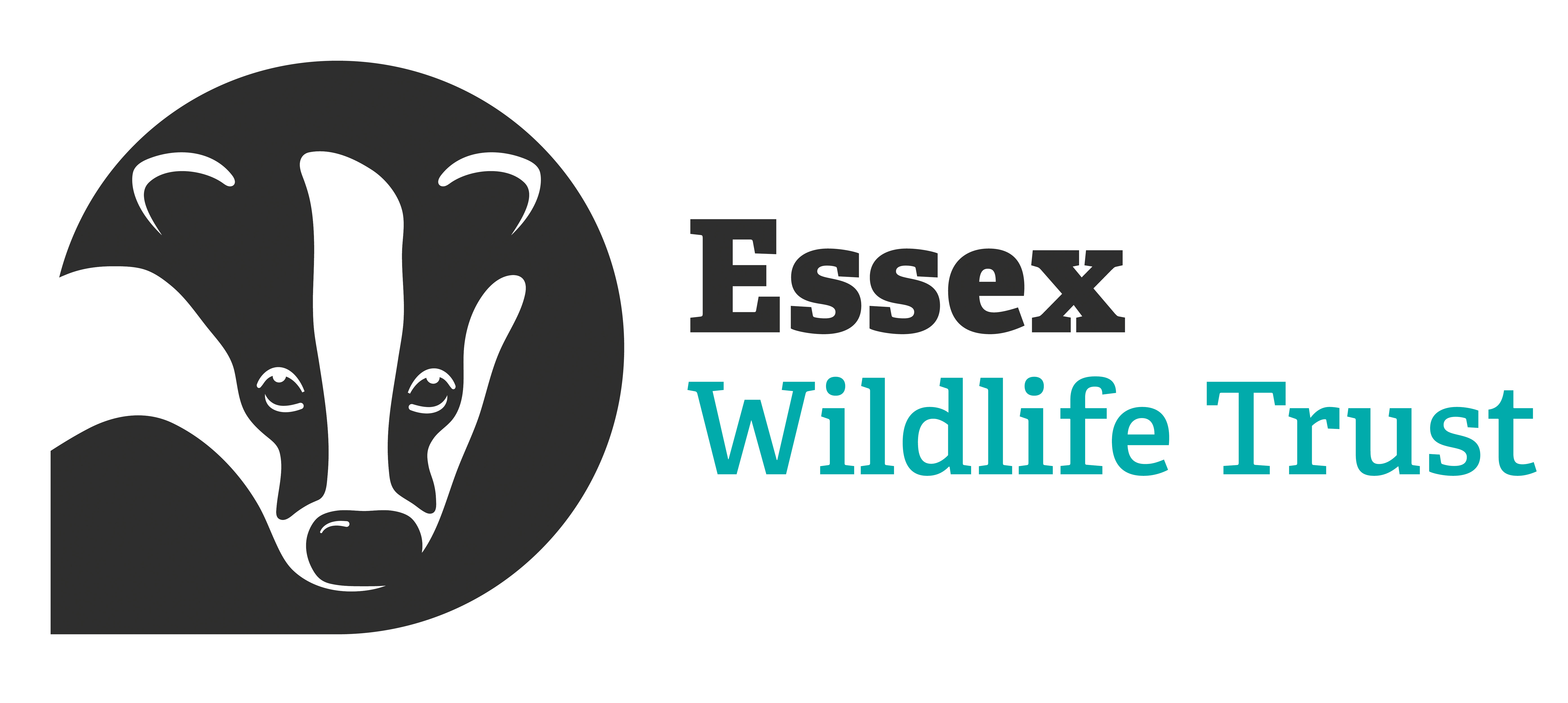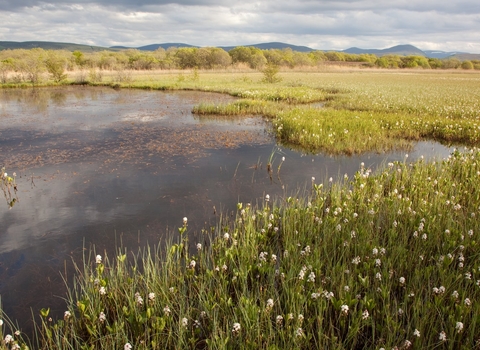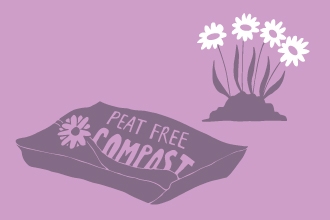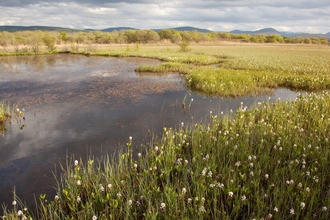Essex Wildlife Trust believes that peat belongs in bogs, not in bags. Across the UK, 80% of peatlands are degraded. Peat extraction for gardening and growing directly contributes to the decline of our peatlands, with knock-on impacts for the interlinked nature and climate crises. Peat forms at an incredibly slow rate, accumulating on average only 1mm a year, but this incredible habitat stores 3.2 billion tonnes of carbon in the UK. Peatlands also help to alleviate flooding, by slowing the flow of water and filtering water, making it cleaner. They are a natural solution to the climate crisis.
The Wildlife Trusts nationally have restored over 120,000 football pitches worth of peatlands in England alone, and each Trust will continue to protect and restore our precious peatlands. Although Essex does not have a large amount of peat habitat within our borders, we stand with the national movement on using our voice to protect this vital habitat.
Essex Wildlife Trust, along with The Wildlife Trusts movement, have been campaigning for the ban of peat sales in the horticultural industry. We believe the needless and destructive practice of peat extraction for horticulture most stop – immediately.
As a result of this campaign, we have received confirmation that by 2024, hobby gardeners in England and Wales will no longer be able to buy bagged peat compost. However, the UK Government is not banning all peat-based gardening products until 2030. The Wildlife Trusts believe this does not reflect the value of peatlands and will continue to campaign for their protection.




